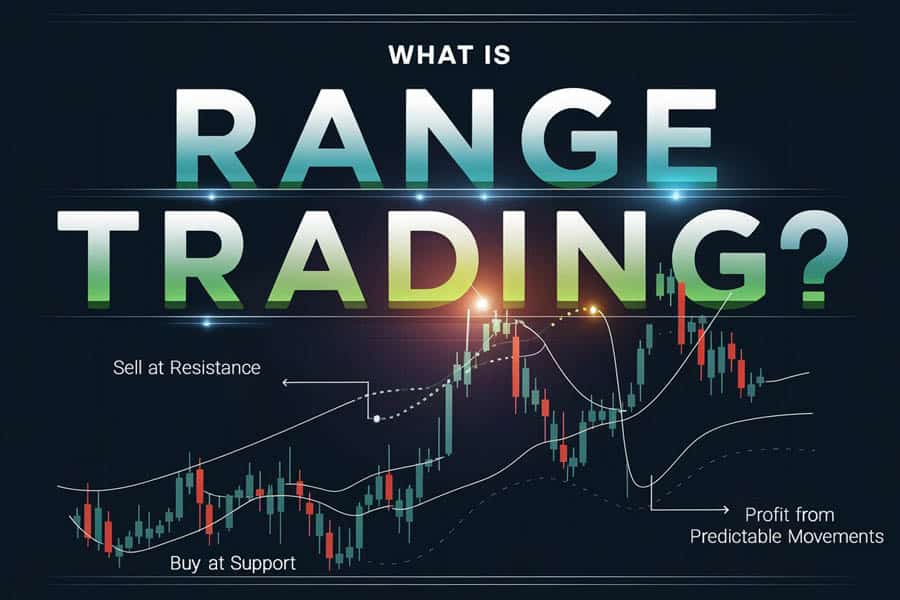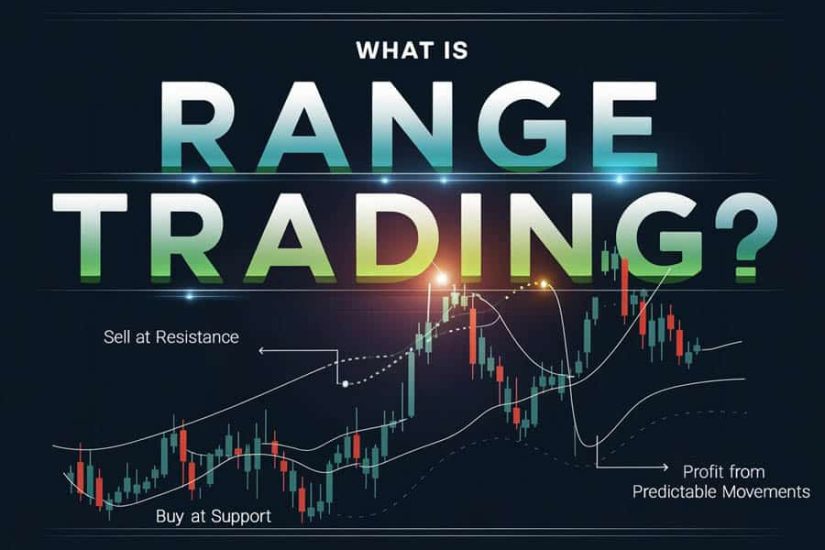
Title: Unlocking the Route to Prosperity in Proprietary Trading
For traders looking to access firm-sponsored capital, advanced technology, and substantial professional development, the proprietary trading sector presents an enticing path. This dynamic, results-oriented arena not only rewards financial acumen but also demands rigorous discipline, effective risk management, and the adaptability to navigate shifting circumstances. Through organized evaluation processes and ongoing skill enhancement, proprietary (or “prop”) trading firms provide the chance for enduring careers in the finance industry—if traders are ready to embrace the challenge.
While breaking into the realm of professional trading can be daunting, those who remain committed to enhancing their skills can forge a profitable and lasting trajectory in this high-pressure field.
Establishing a Solid Base in Market Knowledge
A prosperous proprietary trader starts with an in-depth and systematic grasp of financial markets. Before risking any capital—whether it’s their own or the firm’s—traders must dive into the core elements of market structure. This encompasses understanding the workings of exchanges, the factors affecting market liquidity, and the mechanics of asset pricing.
Following that, mastering price action analysis, especially across various asset classes like equities, forex, or commodities, is crucial. Recognizing patterns, support and resistance levels, and volume indicators becomes vital in spotting trading opportunities.
In addition to chart analysis, comprehending macroeconomic fundamentals is essential. Central bank policies, economic indicators (such as interest rates, employment figures, and inflation reports), and geopolitical events can significantly influence market movements. Successful prop traders blend both technical and fundamental knowledge to gain an advantage in real-time decision-making.
A well-defined learning trajectory—including backtesting strategies on historical data and simulating live trades—is the optimal way to convert theoretical understanding into practical proficiency. Without this solid groundwork, traders will find it challenging to achieve consistency, making profitability elusive.
Mastering Risk Management for Sustainable Success
Thriving in trading—especially with external capital—depends on effective risk management. While many can achieve short-term victories, only those who approach risk with discipline and respect can enjoy lasting success.
Position sizing, applying appropriate stop-loss measures, and maintaining risk-to-reward ratios are essential practices—they are not merely good habits. A meticulously designed risk management plan enables traders to withstand unavoidable losing streaks without depleting their capital or self-assurance.
Proprietary firms frequently emphasize risk-adjusted metrics as opposed to mere returns because they recognize that steady and methodical progress typically outperforms hasty gains. Traders are assessed on their ability to safeguard capital as much as on their capability to expand it. Acknowledging that downside protection is equally as crucial as the potential for upside distinguishes professionals from gamblers.
Navigating the Evaluation Process for Funding Chances
Many prop firms implement a tiered, performance-centric evaluation process to determine funding eligibility. These structured assessments evaluate a trader’s competency in adhering to risk rules, achieving profit targets, and trading with discipline and consistency. Despite the intensity of the process, the evaluation presents a unique chance: demonstrate your capabilities, and the firm will extend the capital necessary for scaling your skills.
Evaluations assess more than isolated performances—they aim to evaluate your psychological resilience, trade management skills, and adaptability. In today’s increasingly sophisticated environment, firms are placing greater importance on long-term potential over fleeting profit booms.
Traders who excel during evaluations and secure funded accounts gain access to larger position sizes and enticing profit-sharing arrangements, accelerating both their income and career advancement.
Cultivating a Trading Advantage in a Competitive Landscape
Possessing a “trading edge” means you can reliably identify and execute profitable trades better than the average market participant. This edge is often sharpened by concentrating on particular asset classes such as forex, futures, or equities. Within these, traders might dive deeper—focusing on specific currency pairs, employing scalping techniques, or crafting high-frequency strategies.
However, having a niche is just part of the solution. Markets change, and what worked yesterday can quickly become ineffective today. The top traders are continuously fine-tuning their strategies based on performance metrics. They maintain trade journals, assess win rates, analyze expectancy ratios, and adapt their tactics according to what yields results.
Furthermore, utilizing proprietary tools, market analytics, and even algorithmic scripting empowers traders to stay ahead of the curve. When technology is paired with regular self-evaluation, it transforms into a significant competitive advantage.
Harnessing Technology and Trading Psychology for Consistency
The contemporary proprietary trader must leverage technology to enhance performance. Whether it involves algorithmic execution, real-time risk management dashboards, or AI-enabled analytics, technology aids in minimizing latency, removing biases, and boosting trade accuracy.
Nevertheless, all the technology in the world won’t ensure success if psychological discipline is deficient. Consistency in trading choices necessitates emotional regulation—especially in high-pressure situations. Fear, greed, and overconfidence have derailed many otherwise promising careers.
Mental resilience, cultivated through experience and mindset training, empowers traders to adhere to their systems and maintain poise in challenging times. Prop firms frequently prioritize these soft skills during their recruitment and evaluation procedures, recognizing that a trader’s mental frame is as crucial as their strategic approach.
Conclusion
Proprietary trading provides unmatched opportunities
